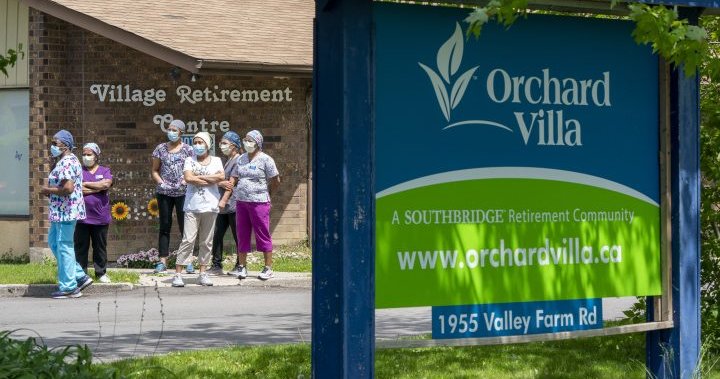Queen’s Park is hiring auditors to examine city finances in Toronto, Mississauga, Brampton and other municipalities.
It’s a bid to tackle the municipal governments’ concerns that their development-related fees and charges would be dramatically reduced by
Premier Doug Ford’s housing policy changes.
Municipal Affairs Minister Steve Clark said Thursday that Peel Region, Newmarket and Caledon would also have their finances probed by a third-party auditor.
Private auditing firms will be invited to bid on the work, which is to be conducted later this year.
“We are working with our municipal partners to get a factual understanding of their finances to ensure development charges, and the ability to invest in local services and projects, are supporting rather than hindering housing supply growth,” said Clark.
“This is critical to ensuring all levels of government work together to tackle the housing supply crisis and reach our goal of 1.5 million homes by 2031.”
Ford’s Progressive Conservatives
have pledged to build an average of 150,000 homes annually even though the best year in Ontario housing starts since 1987 was 100,000.
Clark said the auditors’ findings would be used to shape future provincial housing “policies and programs supporting long-term municipal financial sustainability and housing-related infrastructure investments.”
The Association of Municipalities of Ontario has warned Ford’s housing law, Bill 23, which will eliminate development charges for developers building affordable housing, could cost cities and towns $5 billion in lost revenue.
Municipalities contend they need those funds to pay for infrastructure, such as roads and sewers, that is required with new housing projects.
Toronto Deputy Mayor Jennifer McKelvie’s office said the city’s finances would suffer.
“The professional, non-partisan city staff have confirmed Toronto would lose more than $2 billion over the next decade as a direct result of Bill 23,” said Don Peat, McKelvie’s deputy chief of staff.
“Last month, Deputy Mayor McKelvie met with Minister Clark to discuss the impact of the bill. We are confident that the audit will make it clear that growth needs to continue to pay for growth,” said Peat.
Mississauga Mayor Bonnie Crombie, who has also warned the changes would hurt her city, welcomed audits that should reveal “the funding gap.”
“Like many cities across the province, Mississauga is starting to feel the impacts of lost development charge revenues as a result of Bill 23,” said Crombie, adding her city will lose “nearly $1 billion in revenue in the next decade that we use to pay for new parks and infrastructure like roads, trails, community centres, fire stations, libraries, and other housing enabling infrastructure.”
“For the Region of Peel, this equals $2 billion in lost revenue, which will further impact Mississauga residents and taxpayers,” she said.
Brampton Mayor Patrick Brown also the welcomed the audits.
“I agree with the province we can build faster. We have a housing crisis where young people can’t even dream of owning a home,” said Brown.
“We all need to do more on housing,” he said, predicting the audit would “be good for Brampton because we are actually building and spending our (development charges) on housing-supportive infrastructure.”
The government’s housing affordability task force cited the fees as “a significant part of the reason home prices in Ontario have risen so rapidly in the past decade.”
“As development charges go up, the prices of homes go up,” the task force found.
In Toronto,
as of Aug. 15, residential development charges ranged from $25,470 to $93,978 per unit depending on the size of the home.







